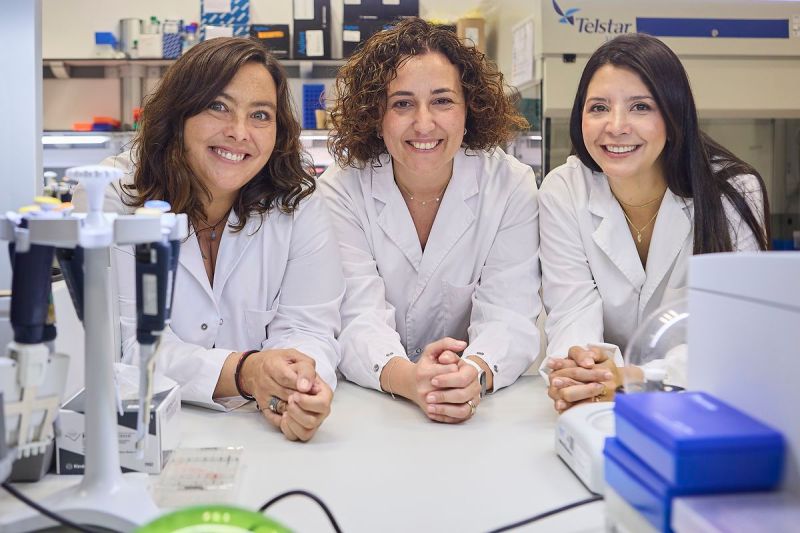Breast milk ‘liquid biopsy’: Possible new breast cancer screening


Scientists say that testing breast milk for cancer DNA could become routine, like the heel-prick test done with babies. Photo: Getty
There is no national screening program for breast cancer for women under 40.
This is because the risk of breast cancer is higher in women over 50.
However, breast cancers in young women tend to be larger, more advanced at diagnosis and more aggressive. Because these cancers aren’t caught early, and are more difficult to find, the survival rate tend to be lower.
What to do?
A new study suggests that breast milk could be used as a ‘liquid biopsy’ to test for breast cancer.
It appears that this test could identify breast cancer even earlier than conventional screening.
How so?
The scientists discovered, for the first time, that breast milk from breast cancer patients diagnosed during pregnancy or postpartum contains circulating tumour DNA (ctDNA).
The authors suggest that breast milk sampling and testing for cancer could become routine.
This would be along the lines of the heel-prick test given to newborns.
The heel-prick test determines if babies have hypothyroidism, cystic fibrosis, congenital adrenal hyperplasia and other rare genetic conditions.

The tumour researchers: Ana Vivancos, Cristina Saura and Carolina Ortiz.
The study was led by Dr Cristina Saura, head of the Breast Cancer Group and the Breast Unit at the Vall d’Hebron Institute of Oncology in Barcelona.
In a prepared statement, she said: “We have shown for the first time that breast milk obtained from breast cancer patients contains sufficient ctDNA to be detected by liquid biopsy and that this ctDNA can be detected even before breast cancer can be diagnosed using conventional imaging.”
Why new early detection methods are needed
Saura said that “during all the years that this unit has been operating, we have observed that breast cancer patients who are diagnosed during pregnancy or, especially, during the postpartum period, have a worse prognosis because they are diagnosed at more advanced stages of the disease”.
“The physiological changes that occur in the breast during pregnancy and postpartum make tumours more difficult to detect, she said.
“We have also observed that biologically, postpartum tumours are more aggressive, and women become pregnant at ages when population screening with mammography is not yet carried out,” she said.
Saura said that the findings need to be confirmed in larger number of patients before the liquid biopsy can be put into a clinical setting.
“But the results published to date are encouraging and offer a potential new tool for the early diagnosis of breast cancer in a particularly sensitive population of young women and mothers,” she said.
The liquid biopsy
The liquid biopsy technique is the new big step in cancer detection and monitoring.
It entails analysing body fluids for signs or traces of a tumour when it remains otherwise invisible. It’s a less bothersome and invasive technique for patients.
Liquid blood biopsies have been used to test for colon cancer. Cerebrospinal fluid biopsies have found brain tumours. Urine biopsies have been used for bladder neoplasms. And saliva biopsies have found oral cancers.
Read here how liquid biopsies are a step away from transforming diagnosis, prognosis and cancer treatments.








